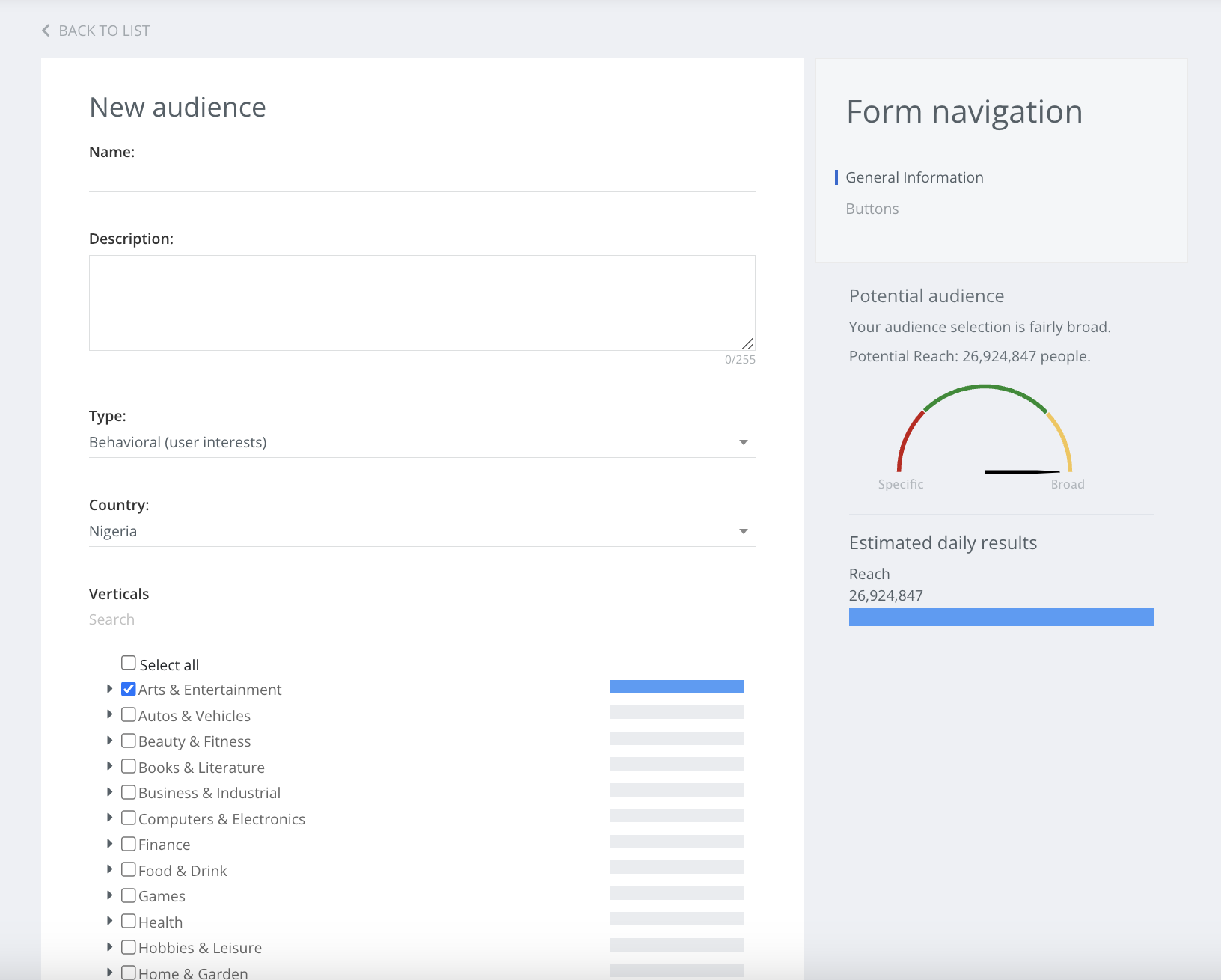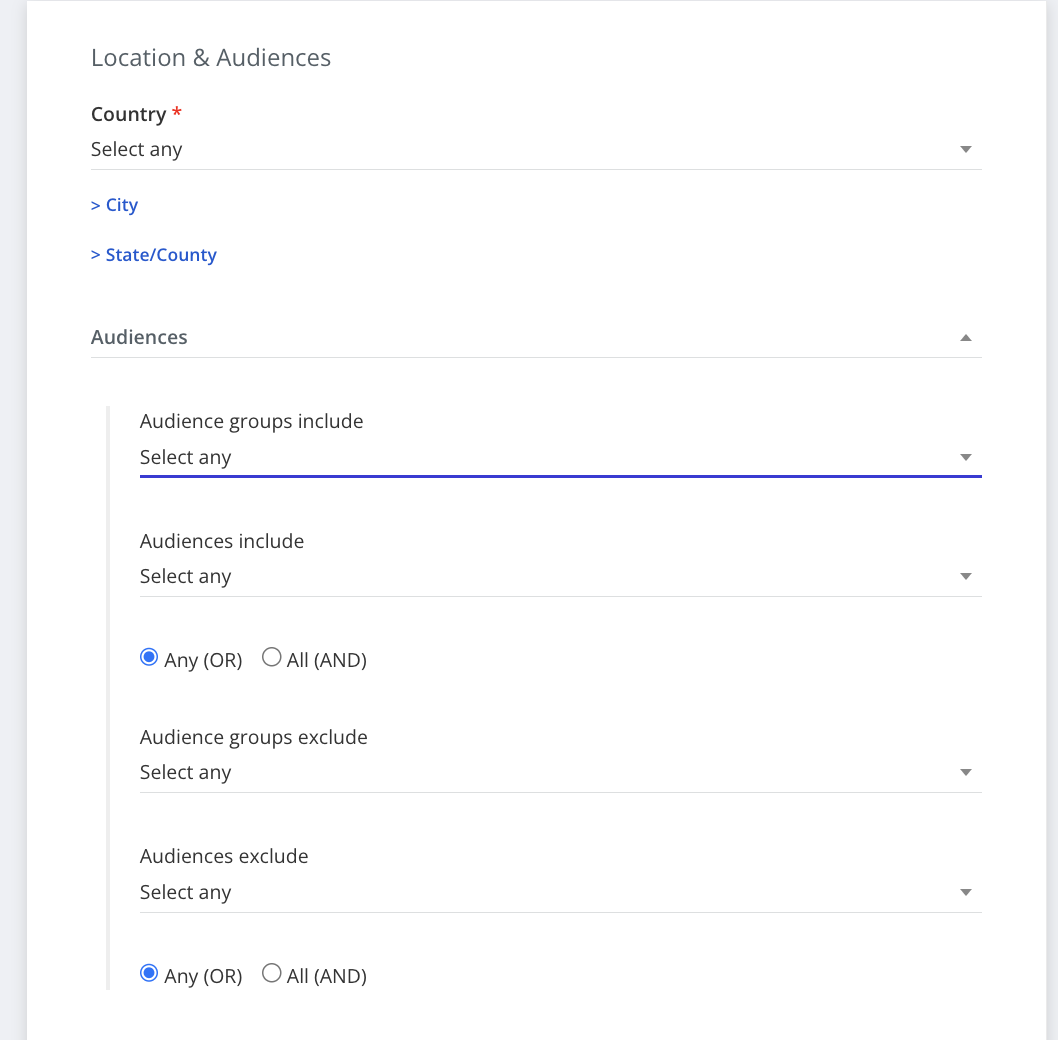Unlocking the Power of Interest Audience Targeting: An In-Depth Look
Introduction
In the ever-evolving world of digital advertising, advertisers are constantly seeking innovative ways to reach their target audience with precision and effectiveness. One such powerful tool in their arsenal is interest audience targeting. By leveraging the insights gained from user interests, advertisers can tailor their campaigns to specific audience segments, resulting in higher engagement and conversion rates. In this article, we will explore the targeting logic behind interest audience targeting and shed light on how it enables advertisers to connect with the right users at the right time.
Workflows
To set up an audience for interest audience targeting, follow these steps:
- Go to your advertising platform's dashboard or interface.
- Locate the "Tools" section or tab, usually located in the top navigation menu.
- Click on "Audiences" to access the audience management options.
- Look for the "Add Audience" or "Create New Audience" button and click on it.
- In the audience creation form, you will be prompted to select the type of audience. Choose "Behavioral (user interest)" from the dropdown menu. This option allows you to target users based on their specific interests.
- Next, you will see a list of available user interests or categories. Select the interest(s) that align with your campaign objectives. For example, if you are promoting cat-related products, you might choose "Cat Lovers" as the user interest.
- Provide a name for your audience to easily identify it later. You can also add a description or any additional notes for reference.
- Save or submit the audience to create it.
Once you have set up your audience(s) for interest targeting, you can add them to your campaign setup to ensure your ads reach the desired audience. Follow these steps:
In the Audience section of the campaign setup, advertisers have the flexibility to combine audiences using OR and AND operators, as well as exclude unwanted audiences.
-
OR Operator: Advertisers can add multiple audiences using the OR operator, reaching users who match any of the selected audiences. This broadens the targeting approach and can be useful when aiming for a broader audience or multiple interest categories.
-
AND Operator: By using the AND operator, advertisers can create more specific targeting. Ads will be shown only to users who match all the selected audiences. This allows for a narrower and more precise audience selection.
-
Excluding Audiences: The option to exclude audiences allows advertisers to refine targeting by excluding specific audience segments. This helps avoid showing ads to irrelevant or conflicting interest groups.
Utilizing these functionalities, advertisers can tailor their targeting strategy to align with their business goals. Whether it's reaching a broader audience, targeting specific interest combinations, or excluding certain segments, these options provide flexibility and optimization opportunities. Regular evaluation of campaign performance is essential to ensure effective targeting.


